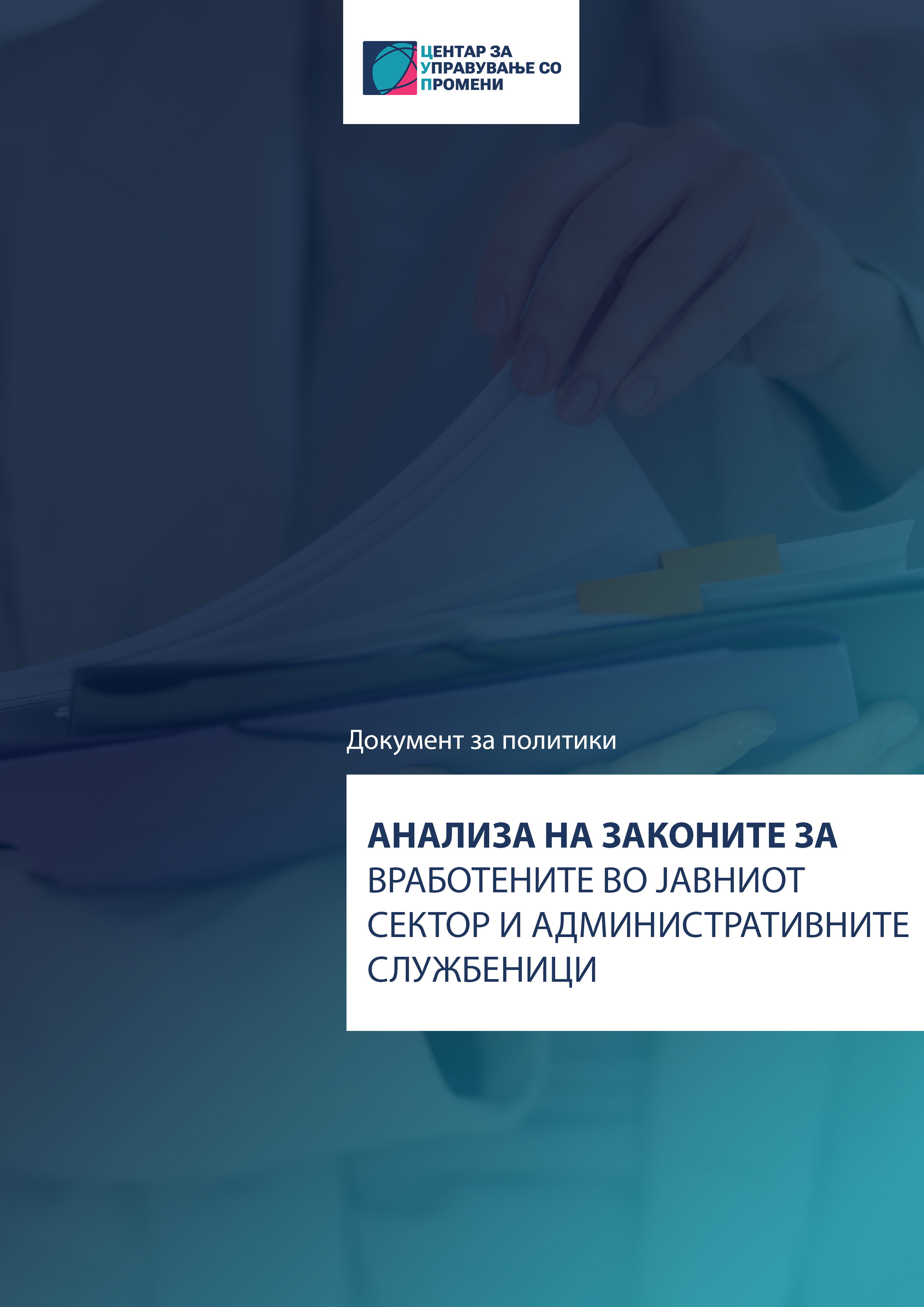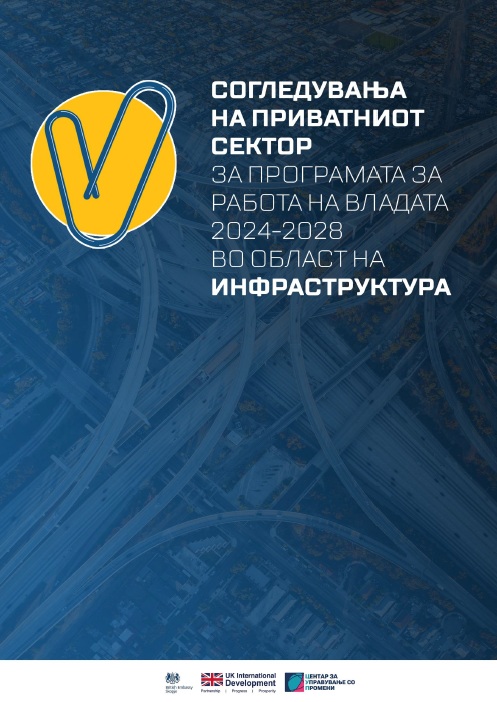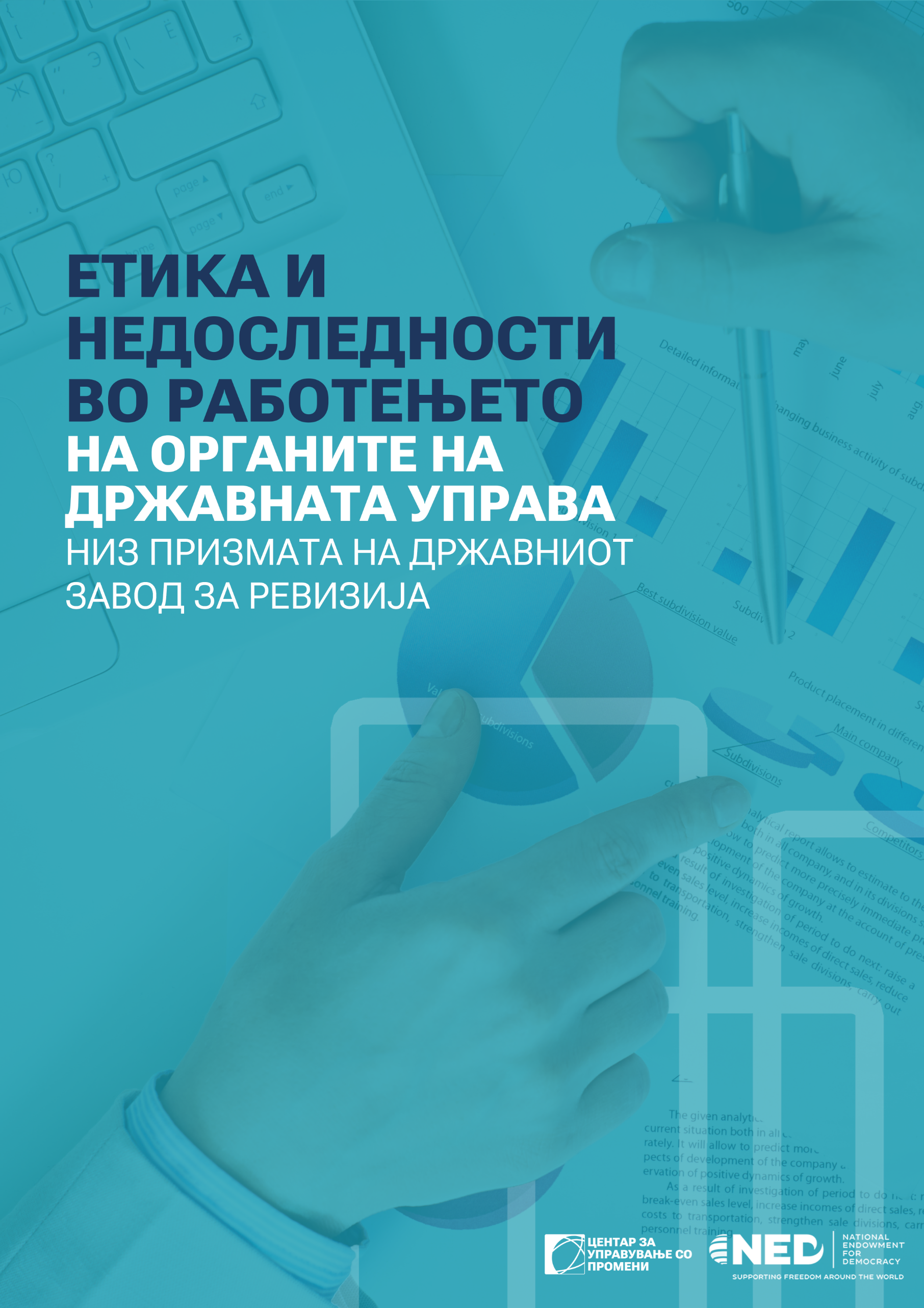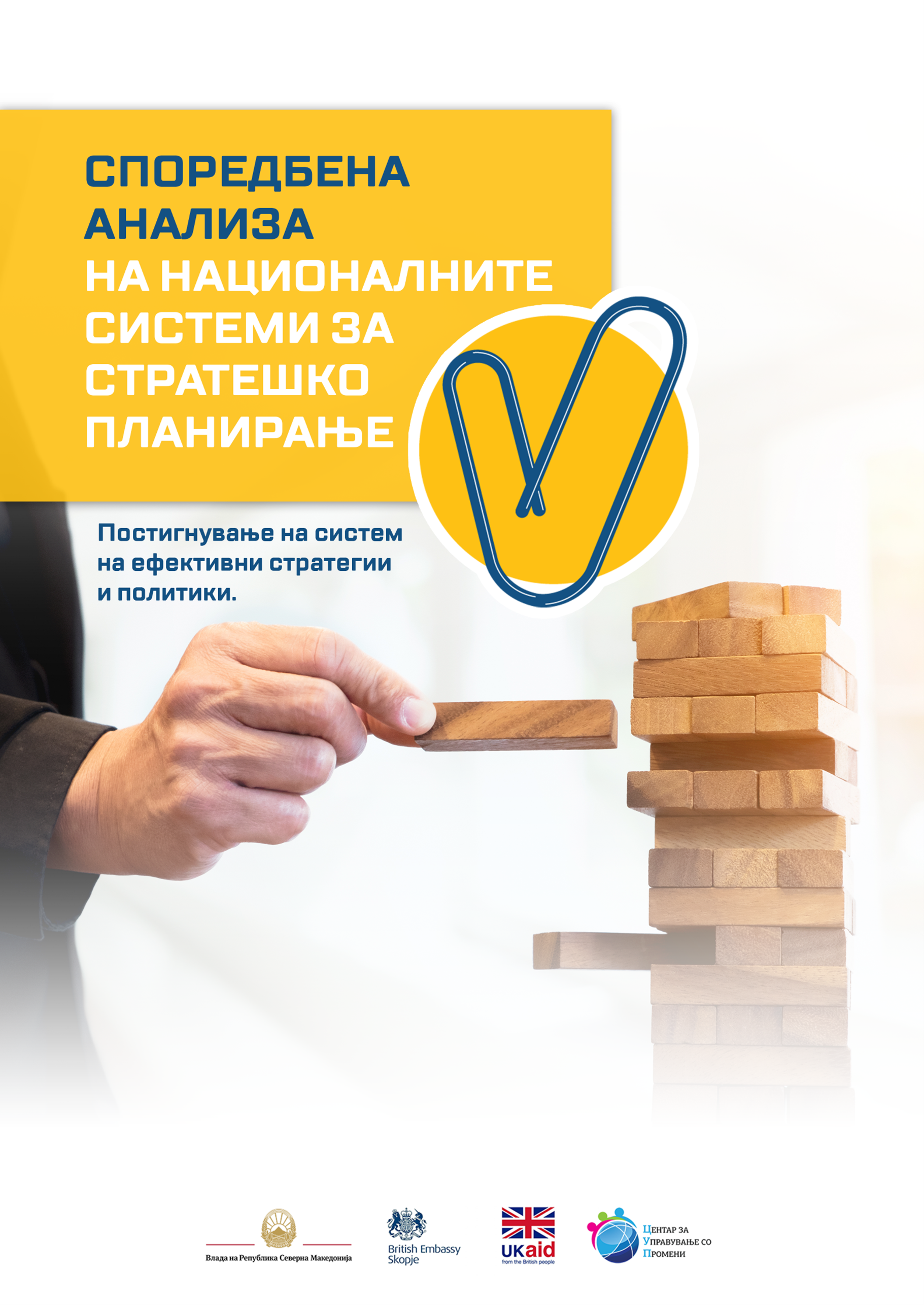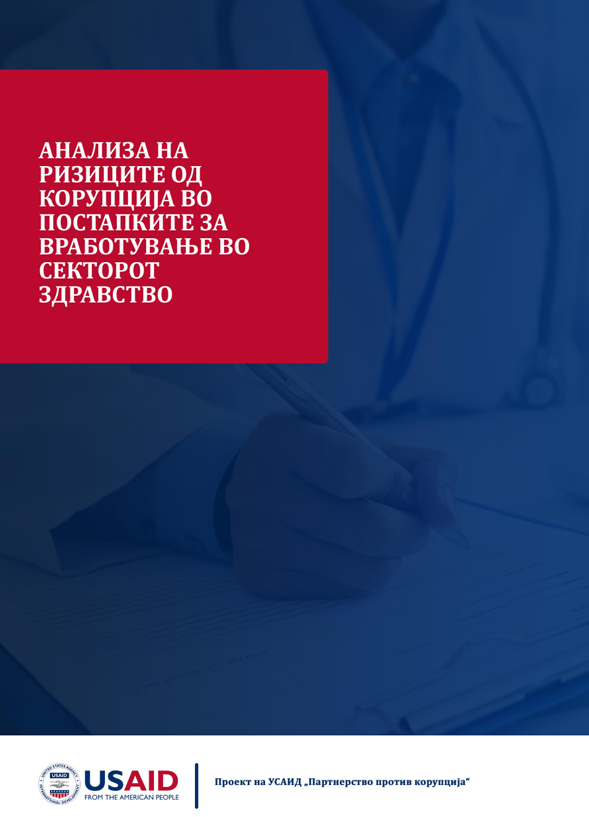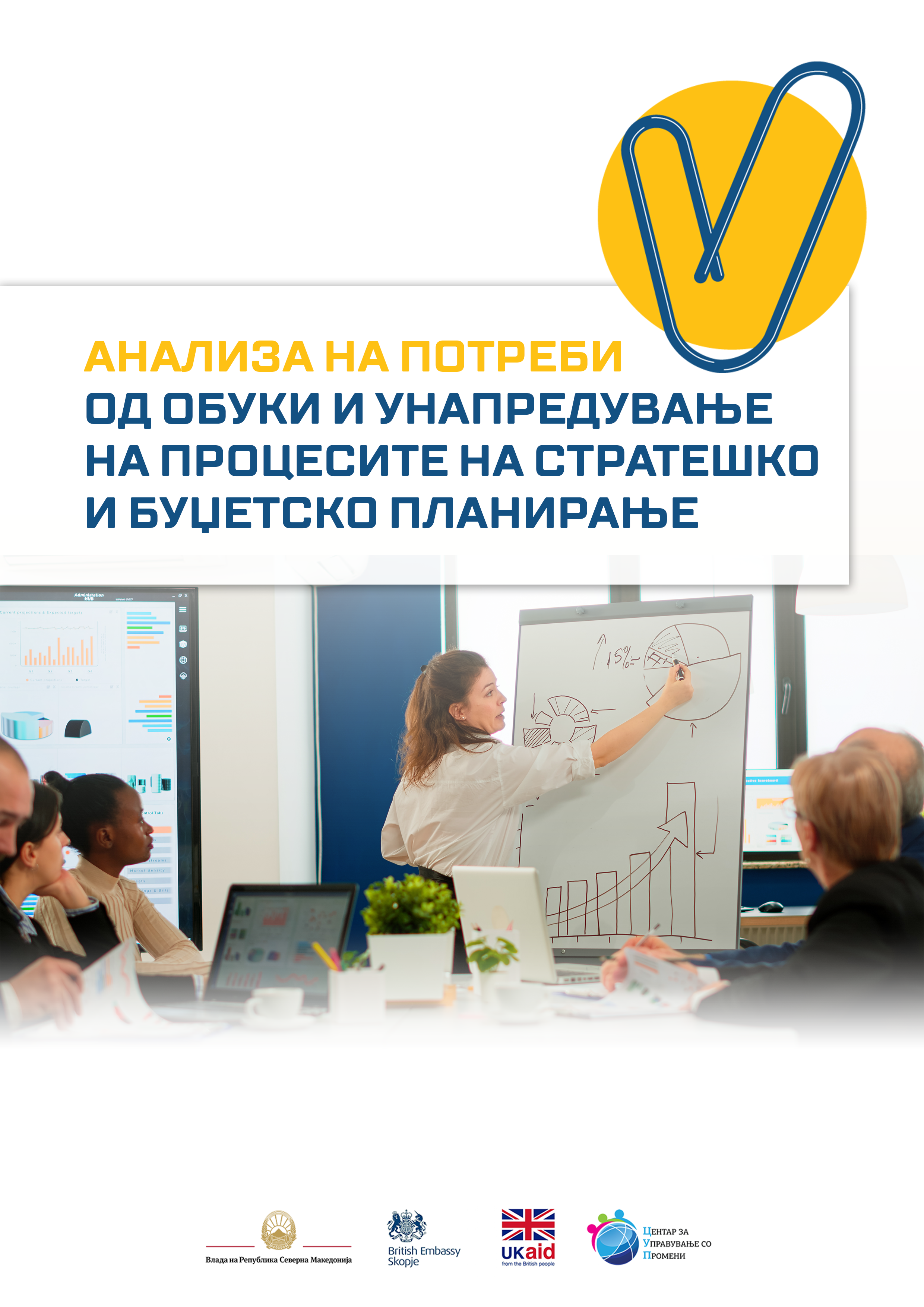
We encourage good governance, reform of public administration and social-economic development through
research, analysis, debates and direct support to institutions in building and strengthening their capacities.
News
Научени лекции - Што ни покажа постапката за избор на член на Комисијата за дискриминација?
Policy roundtable - Possible Approaches to Addressing Youth Unemployment
Public discussion on the draft Law on Senior Managers of State Administration Bodies and Funds
Training on regulatory impact assessment, gender equality and social inclusion
Research
Which areas are we researching?
Good governance, public administration, parliamentary democracy, human rights, European integration, public policies, socio-economic development...
More about our researchProjects
Parliamentary Support Programme
Period
01.07.2018 - 31.08.2027
Donor
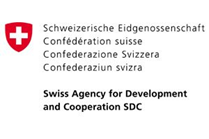
Support for the establishment of the Academy for Professional Development and Training of Administrative Servants
Period
01.08.2025 - 30.07.2026
Donor
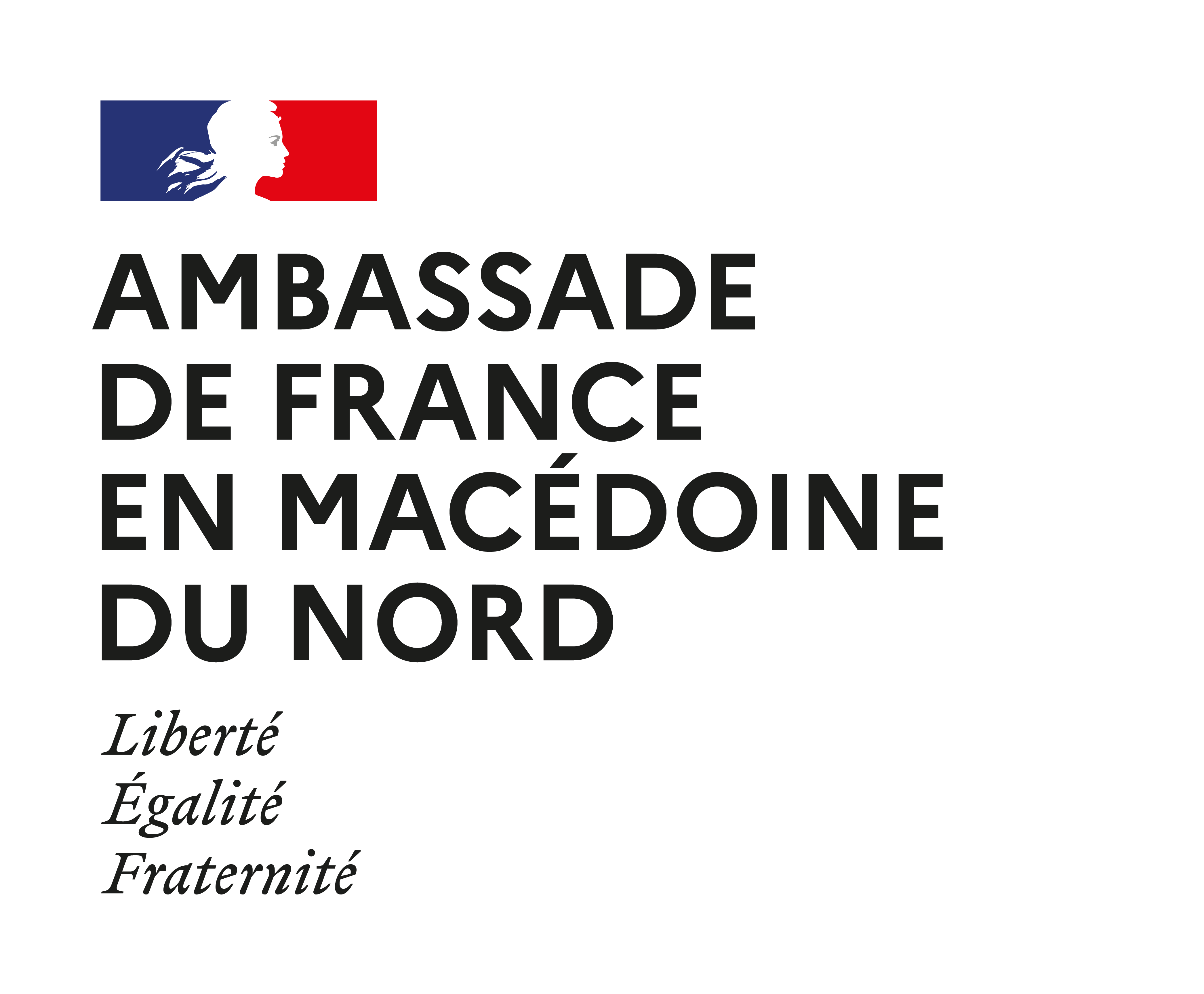
Resource center for gender responsive policy making and budgeting (Second Phase)
Period
01.06.2024 - 10.05.2026
Donor

A Cross Regional Predictive Model for Youth Policy Shaping - Youth Observers
Period
31.03.2024 - 31.03.2026
Donor
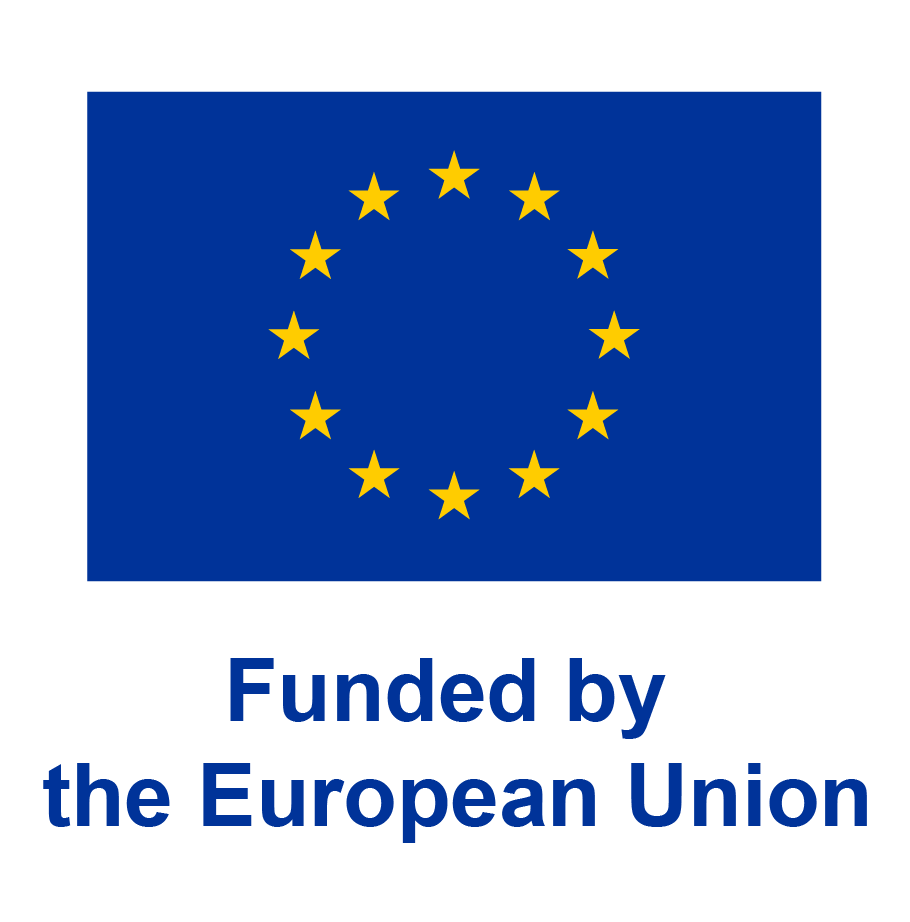
Catalogue of services
Data management
Quality management
EU integrations
Soft skills
Project management
Organisational skills
Public administration
Gender equality and non-discrimination
Initiatives
No challenge is big enough if there is a common initiative!
Submit and support initiatives keyboard_arrow_right
Platforms we support
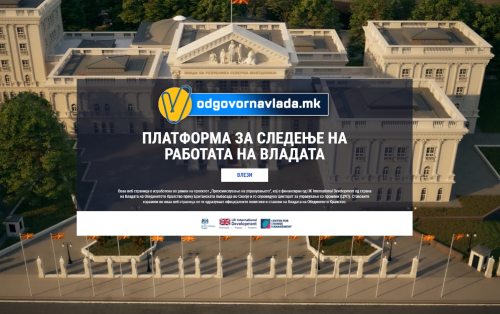
Platform for monitoring the work of the Government - odgovornavlada.mk
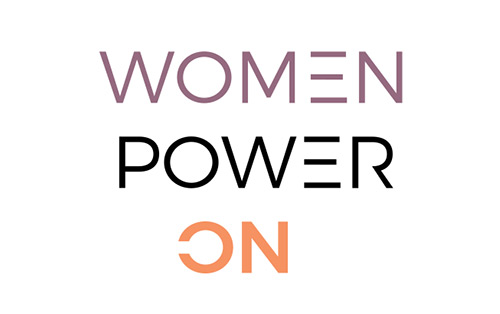
Portal for women entrepreneurship - womenpoweron.mk
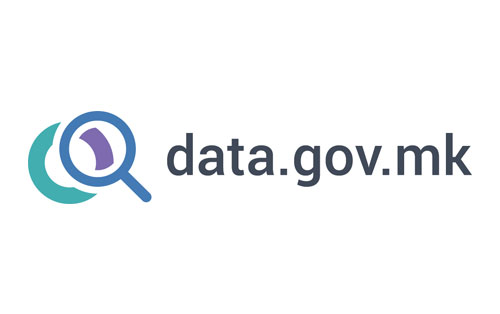
National open data portal - data.gov.mk
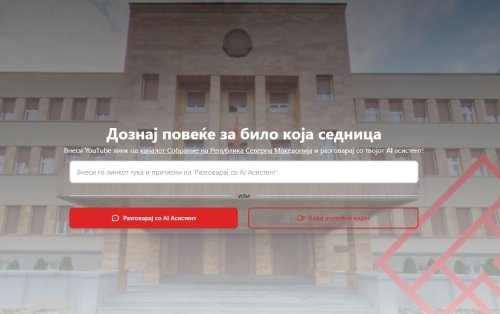
AI Assistant for Parliamentary Sessions - prashaj.sobranie.mk
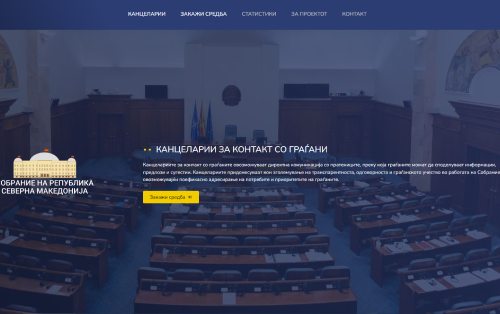
Constituency Offices - kancelarii.sobranie.mk
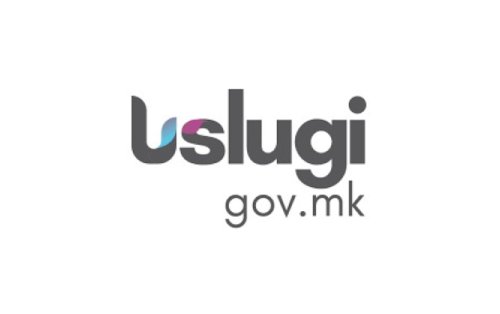
National Portal for e-Services - uslugi.gov.mk
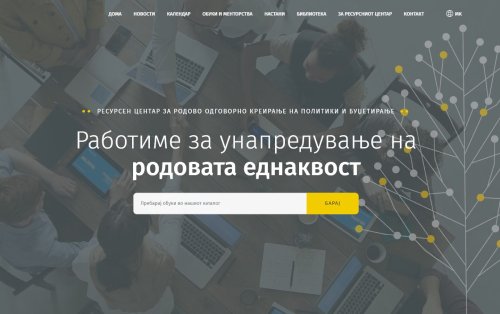
Resource Center for Gender Responsive Policy Making and Budgeting - mtspresursencentar.mk

Web portal for connecting SMS with multi-national companies - kompanii.mk
